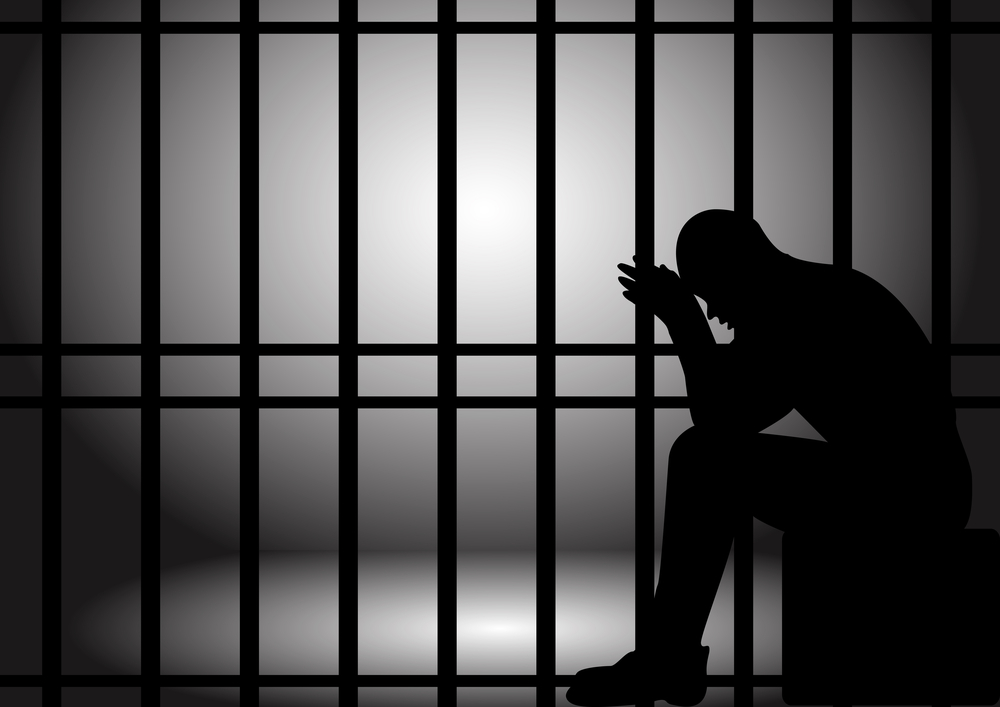Ukraine's prison system may provide a significant number of recruits for the country's defense forces, with officials estimating between 20% and 30% of the country's 37,000 inmates could potentially join the Armed Forces of Ukraine (AFU).
In the context of Ukraine's ongoing defense against Russian aggression, officials view this initiative as an important means to strengthen the country's military capabilities while offering convicted individuals a path to redemption through national service.
"Today, over 8,300 convicts have joined the Armed Forces of Ukraine, with another 1,000 applications under review," Deputy Minister of Justice Yevhen Pikalov told Ukrinform in a recent interview.
The initiative serves dual purposes according to Pikalov, who described it as "not only a way to replenish the ranks of defenders, but also as a mechanism for resocialization through the highest manifestation of civic responsibility."
This mobilization effort was formalized when President Volodymyr Zelenskyy signed legislation on 17 May 2024, creating a legal framework for recruiting from the prison population. By July 2024, over 3,000 ex-prisoners had joined various military units.
The law specifically targets those convicted of less serious offenses, while excluding individuals sentenced for terrorism, corruption, sexual crimes, or crimes against national security.
According to statistics provided by the Ministry of Justice, 57% of Ukraine's prisoners are serving sentences for property crimes, while 11% were convicted for drug trafficking offenses - categories that might be eligible under the new program.
The Ministry of Defense clarified that participation is not automatic, with additional requirements including medical clearance, court approval for early release, and acceptance by military unit commanders. Among those already mobilized are 100 women, according to Pikalov.
Additionally, Ukraine launched a state project aimed at exchanging convicted collaborators with Russian prisoners of war, highlighting ongoing efforts to strengthen national defense and justice amid the war.
Russia also recruits prisoners amid manpower shortage
Meanwhile, Russia plans to recruit at least 126,000 soldiers in 2025 from a so-called "special contingent," primarily prisoners, individuals under investigation, debtors, and others with legal or financial troubles, to replenish its military losses in the war against Ukraine, according to Ukraine’s Main Intelligence Directorate (HUR).
As of November 2024, Russia recruited between 140,000 and 180,000 prisoners from its penal colonies to fight in the war against Ukraine.
Prison recruits receive significantly lower wages than other forces and are denied many benefits, highlighting Russia’s deepening reliance on incarcerated individuals to replenish its military ranks amid ongoing heavy casualties and demographic challenges.

